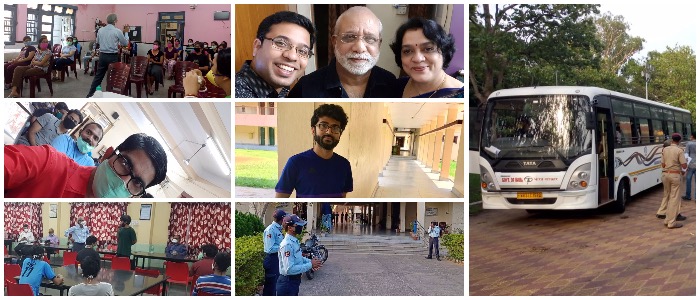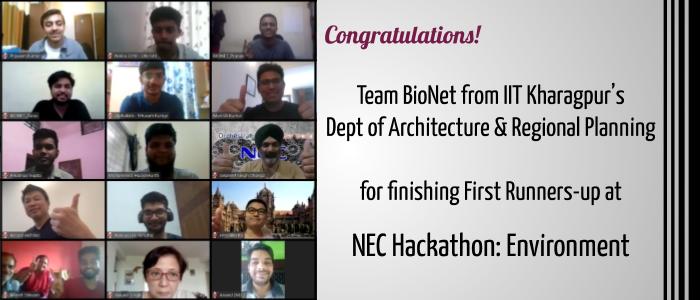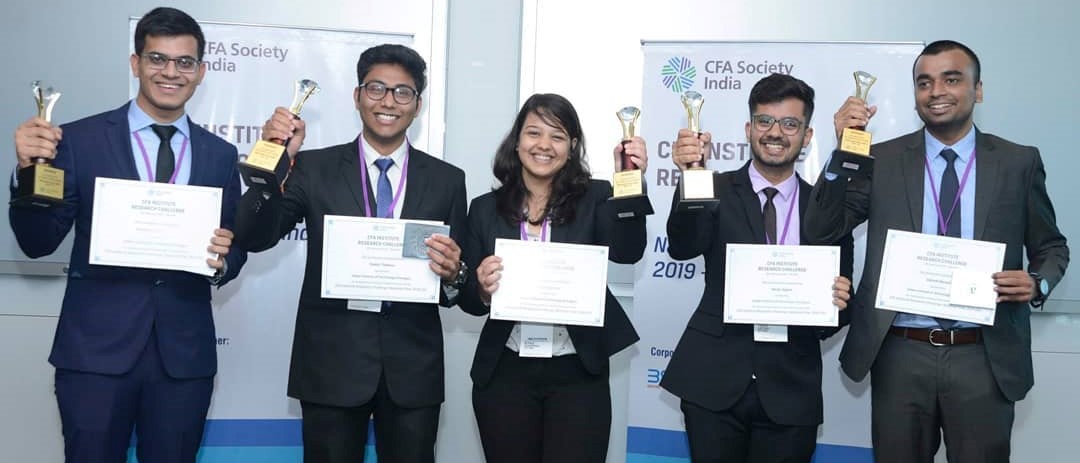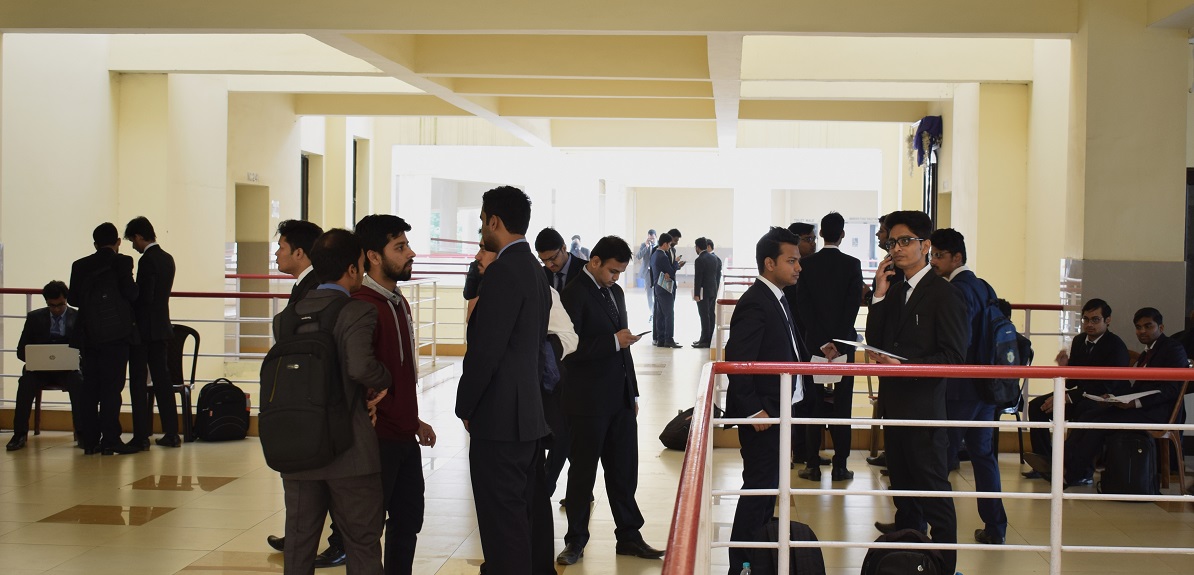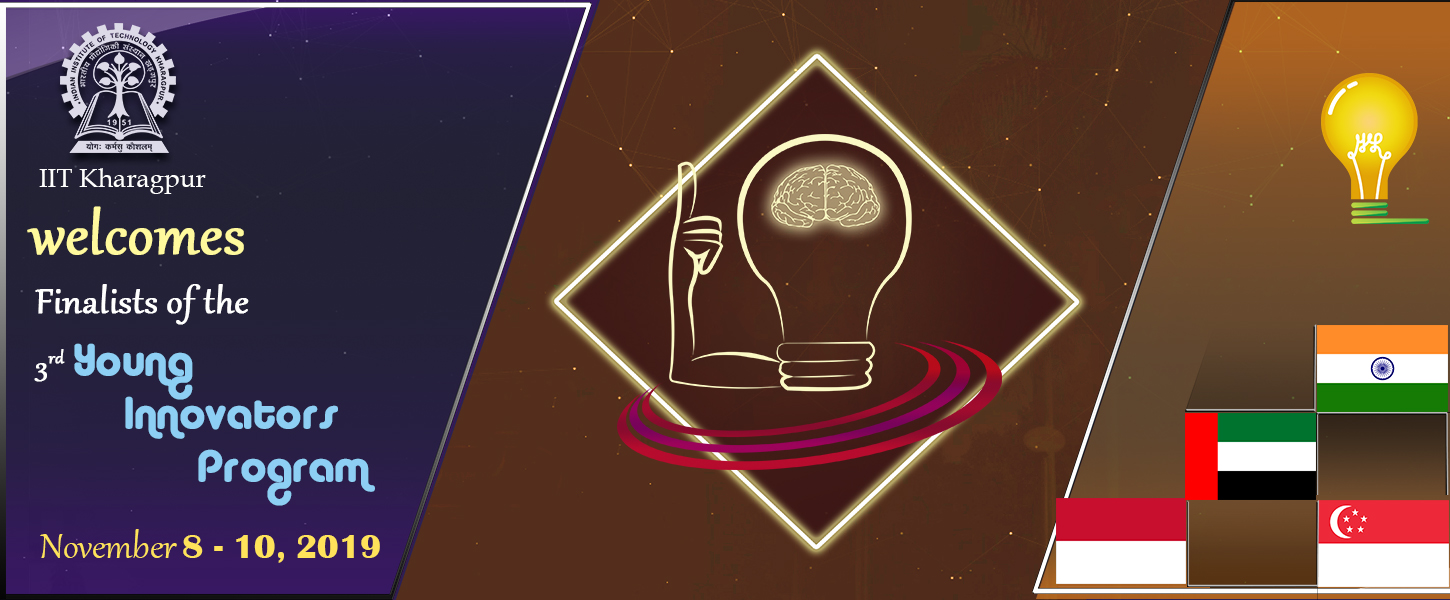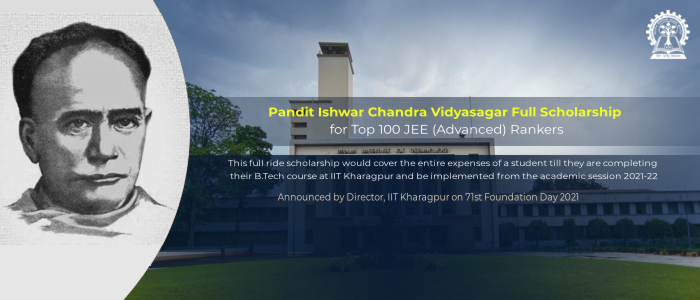
IIT Kharagpur Offers First-of-its-Kind Full Ride Scholarship
Higher education can cost a significant amount of money. Students, though being meritorious and excellent academically, find it difficult to push through for higher studies due to lack of income flow. There is nothing to worry. IIT Kharagpur is here to support. Indian Institute of Technology (IIT) Kharagpur has instituted India’s first-of-its-kind Full Ride Scholarship entitled “Pandit Ishwar Chandra Vidyasagar Full Scholarship for Top 100 JEE (Advanced) Rankers”. This full ride scholarship is to support the students within Top 100 All India Rankings in JEE Advanced and whose parents’ gross annual income is below Rupees Twenty Lakhs. This full ride…

